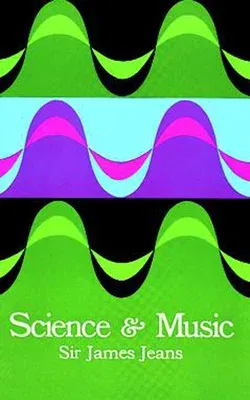Sir James Jeans, noted British scientist, has given a physical analysis
of musical sounds, in what is considered to be the best exposition on
the subject, a book of great intellectual stature. His aim has been to
convey precise information, in a simple non-technical way, that will be
of interest to the amateur as well as the serious student of music.
The discussion begins with an explanation of the development of the
human faculty of hearing. It is established that each sound can be
represented by a curve. An examination of the general properties of
sound-curves follows. For example, why do some sounds produce pleasure
when they reach our ears and some pain? How do we retain the pleasurable
qualities in the sound-curve, as it passes on from one stage of
electronic equipment to another? To what extent is it possible to
prevent unpleasant qualities from contaminating the curve? These and
other pertinent questions on the transmission and reproduction of
sound-curves are answered in a discussion of tuning-forks and pure
tones. The various methods of producing sound, and the qualities of the
sounds produced, are further discussed as they relate to vibrations of
strings and harmonics, and vibrations of air. Harmony and discord are
also considered. In the final chapters on the concert room and hearing,
the discussion focuses on the transmission of sound from its source to
the eardrum and from the eardrum to the brain. A general theory of
acoustics is also covered as well as acoustical analyses.
Science and Music is a rare book, as an author does not often combine
very distinguished scientific abilities with musical knowledge and power
of simple exposition. It will probably become a minor classic. --
Manchester Guardian.

